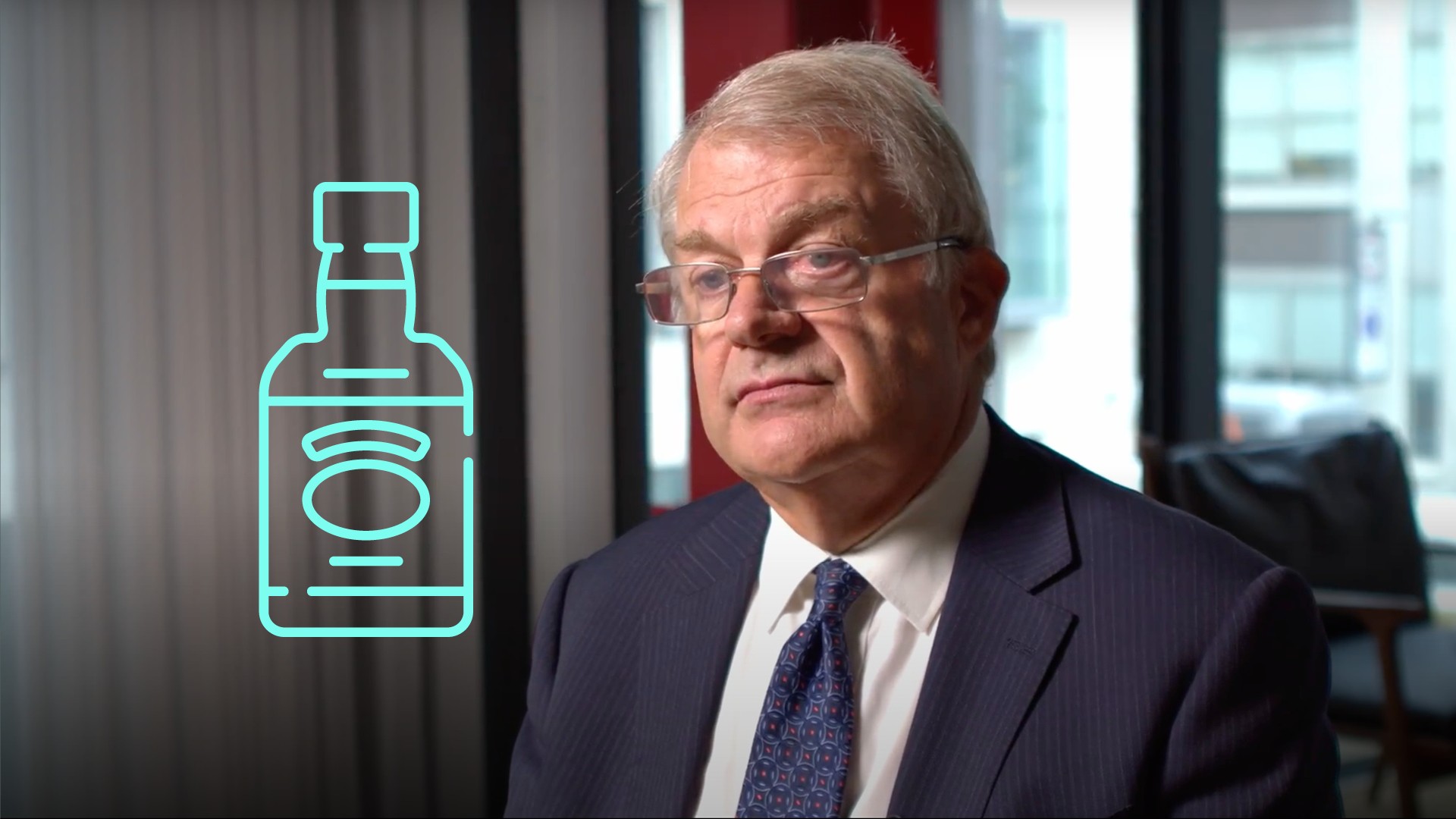
Cash in Circulation and the Circulation of Cash

Sir Mark Boleat
40 years: Executive leadership & banking
As a supplement to his video "The Changing Role of Cash in the Economy", Sir Mark Boleat explains why cash in circulation has been increasing, despite the declining use of it.
As a supplement to his video "The Changing Role of Cash in the Economy", Sir Mark Boleat explains why cash in circulation has been increasing, despite the declining use of it.

Cash in Circulation and the Circulation of Cash
4 mins 5 secs
Key learning objectives:
How has cash payments and cash in circulation changed over the last decade?
Why has cash in circulation not fallen in line with the reduction in cash to finance transactions?
What can explain the rise in cash holdings?
Overview:
It is very clear that there has been, and continues to be, a sharp reduction in the use of cash to make payments. This is true not only in Britain, but in many other countries as well. However, the amount of cash in circulation, far from reducing, has actually been rising. The key point is that cash payments represent a flow, whereas cash in circulation represents a stock.
How has cash payments and cash in circulation changed over the last decade?
- Cash payments fell from 63% of all payments in 2008 to 34% in 2018
- However, statistics from the Bank of England show a steady increase in the amount of cash in circulation, from £30bn in 2003 to £50bn in 2012, and nearly £70bn in the last few years
Why has cash in circulation not fallen in line with the reduction in cash to finance transactions?
On average, people probably hold the same amount of cash now than they did five years ago, but instead of visiting a cash machine every two weeks, it may now be every four weeks. Hence, the number of transactions fall, but the average amount of cash held increases.
What can explain the rise in cash holdings?
- Cash is also a store of value - Bank of England research shows that about 18% of people hoard some cash, and there are particularly large holdings of sterling notes by people outside of Britain
- Most people rarely use £50 notes, and sometimes use £20 notes to pay for goods and services. £50 notes account for no less than 25% of the value of cash holdings and £20 notes account for 57%. The notes most commonly used for transactions are £10 and £5 notes
- Interest rates are currently very low. In such circumstances, people may well prefer to hold their savings in the form of cash rather than bank accounts. The BOE calculates that a 1% rise in interest rates reduces the demand for cash by 2%.

Sir Mark Boleat
There are no available Videos from "Sir Mark Boleat"

